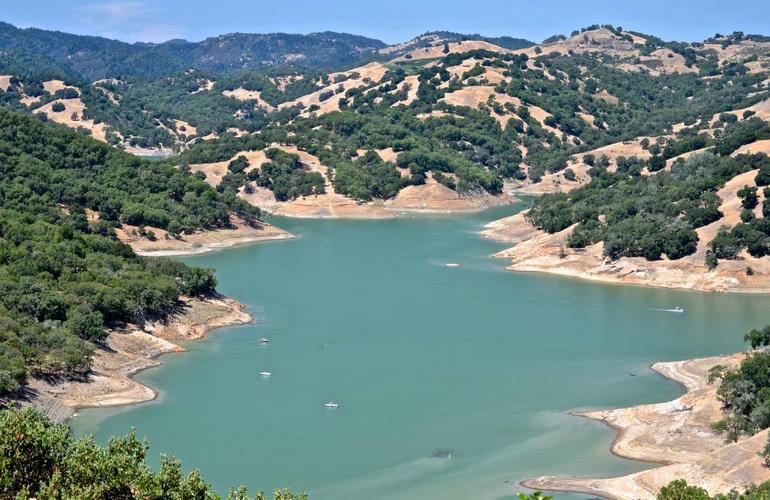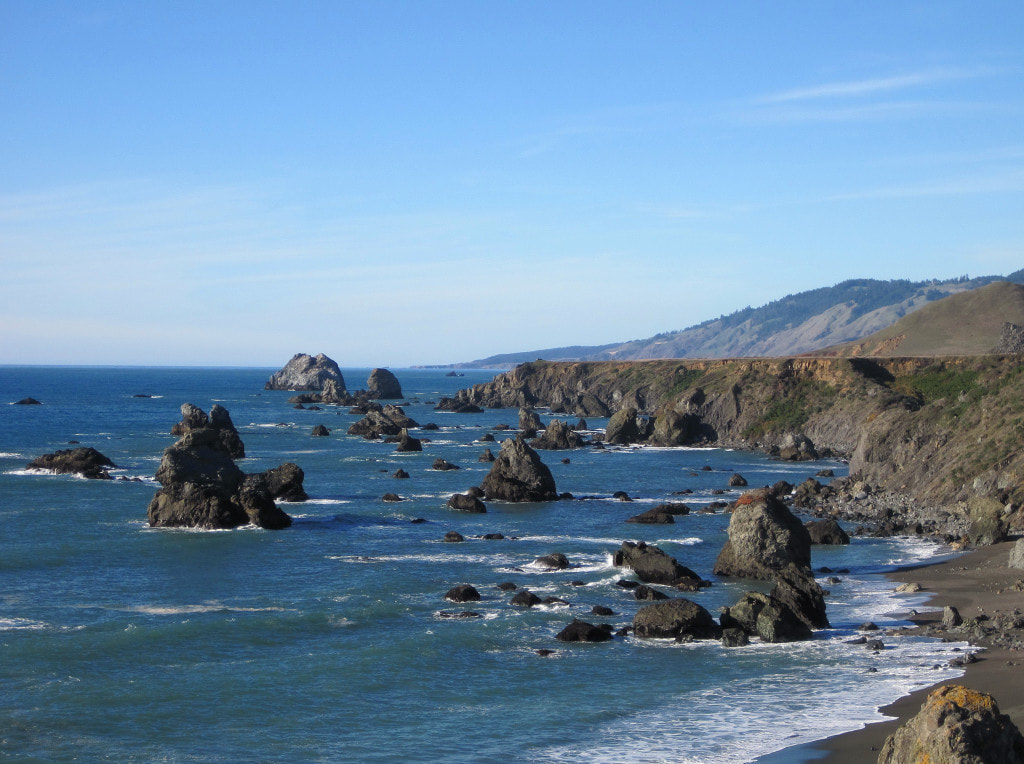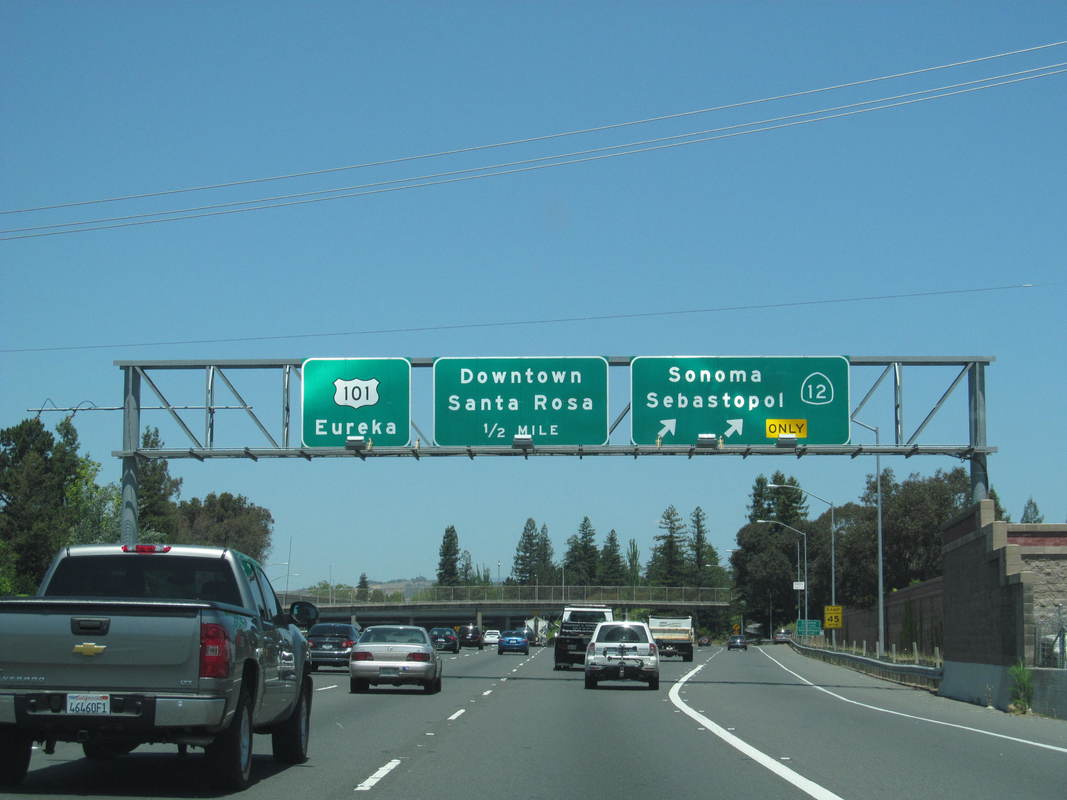|
Despite bobcat numbers growing steadily throughout the state and country, after the passage of Assembly bill 1254, touted as being part of a package of bills promoting “animal welfare” and “fighting animal cruelty,” the “trophy hunting”[1] of bobcats will be illegal for the next five years and possibly longer, unless state wildlife officials approve a plan to preserve the animals’ overall population. This means that under most circumstances, hunting, trapping or killing a bobcat is prohibited, with exceptions allowed for:
This law will stay in place for at least the next five years. After that, state wildlife officials will have the option of reopening the hunting season with regards to bobcats. …However, as most of us who keep our eyes on such matters have noted, the chances of Fish and Game reopening a once-closed season is small. Further, in order for the season to reopen, the Legislature will have to appropriates funds specifically earmarked to satisfy conditions imposed by the bill.[2] These conditions include performing studies,[3] which are estimated to cost $2.5 million, and setting tag fees sufficient to recoup the costs. As a point of reference, the current revenue from bobcat tags amounts to approximately $35,000 a year, less than 2% of the estimated cost of reopening a season. The necessity of this bill is in doubt as opponents (a large majority of whom are part of the hunting world,) pointed out that while during the 2017/2018 hunting season (the last season for which there is comprehensive data,) the Department of Fish and Wildlife issued just shy of 12,000 bobcat tags, but only 331 animals were actually taken. These opponents also note “The harvest rate of bobcats is so low – not because bobcats are scarce – but rather because bobcats are shy and secretive by nature, and because of the severe restrictions already in place on how and where they can be taken.”[4] California continues to be one of the most aggressive states with regards to protecting wildlife from hunting and trapping. In 1990, it became the first state to ban mountain lion hunting, the state enacted a trapping ban initiative in 1998, and the hunting of bear and bobcat hunting with hounds was outlawed in 2011. ___________________ [1] This language is considered a politically-motivated addition to the law, as neither hunters nor the state Fish and Game Code considers bobcats “trophy animals.” [2] See Fish and Game Code 4157 [3] The studies will look to the potential impacts of a bobcat hunting season, including the effects on all of the following: (1) Bobcat populations, (2) Bobcats’ wild prey, (3) Disease abatement, including, but not limited to, hantavirus, and (4) The control of invasive species, especially nutria. [4] A copy of the letter of opposition can be found here: https://www.calwaterfowl.org/wp-content/uploads/2019/06/AB-1254-SNRW-Coalition-Ltr-Oppose-6-7-19.pdf 5/31/2020 01:16:04 am
Animals have their own rights which should be given to them at any cost. Wildlife department should take care of such rights for every animal. This article can be very useful in making people aware of animal rights. Keep sharing more with us. Comments are closed.
|
AuthorDevina strives to make information relevant to the lives of her clients easily accessible. Archives
July 2024
Categories
All
|
Proudly serving Sonoma, Marin, Napa, Mendocino and Lake Counties (and occasionally venturing as far as Yolo, Santa Clara and San Mateo Counties).
Proudly powered by Weebly
This website is for informational purposes only and does not provide legal advice. Do not act or refrain from acting based on anything you read on this site. Using this site or communicating with the Law Office of Devina Douglas through this site does not form an attorney/client relationship. This site is legal advertising. Please review the full disclaimer for more information. (LINK TO FULL DISCLAIMER PAGE)

 RSS Feed
RSS Feed




